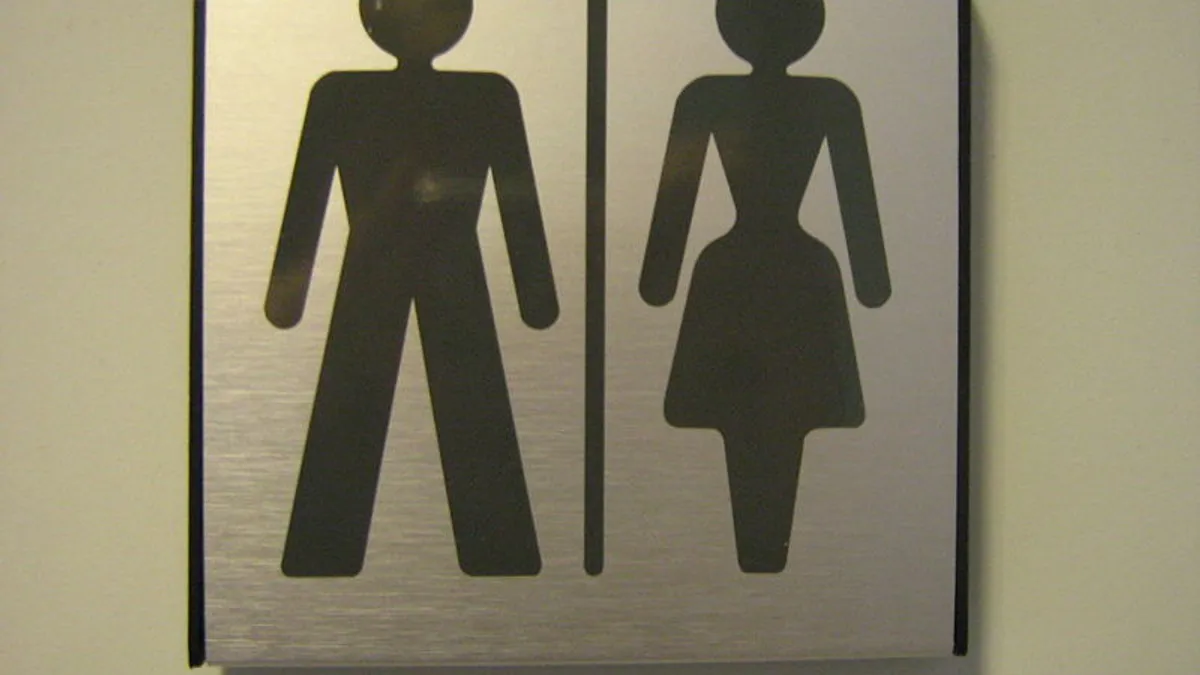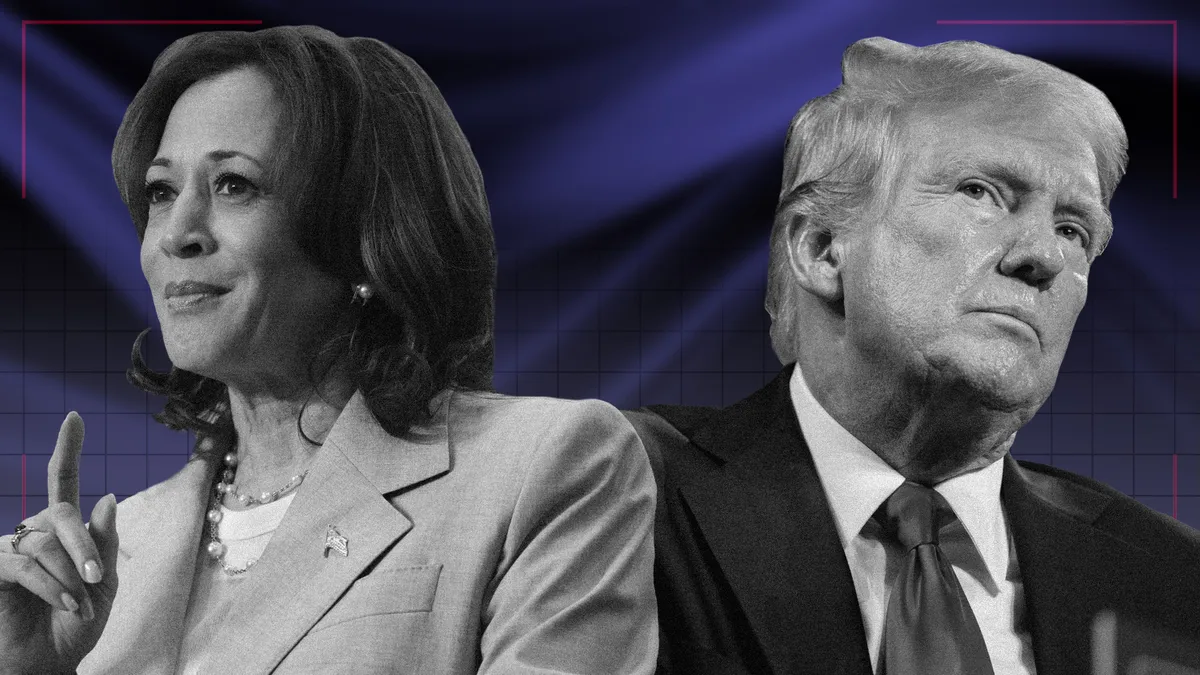Dive Brief:
- According to a recent report, employee retirement expectations have changed considerably in the past quarter century.
- The age at which U.S. Baby Boomers leave the workforce has been steadily rising.
- In 1991, just 11% of workers expected to retire after age 65. Today, 36% of workers report that they expect to retire after age 65 and 10% don’t plan to retire at all. The annual survey found that the percentage of workers expecting to retire before age 65 fell from 50% in 1991 to 25% in 2015.
Dive Insight:
The Retirement Confidence Survey (RCS), released in April by the nonprofit Employee Benefit Research Institute (EBRI) and research firm Greenwald & Associates, directly points to how economic times can affect workforce demographics and makeup and why it's important for HR leaders to plan accordingly.
The good news is the trend may be turning around. From 2009 to 2012, between 20 and 25 percent of workers reported that the age at which they expected to retire increased in the past year. Since that time, however, fewer workers have reported postponing the age at which they expect to retire. Only 13 percent of workers report increasing the age at which they expect to retire in the past year, compared with 22 percent in the 2013 RCS.
The RCS also revealed that whether or not Americans have a retirement savings plan is a key factor in their outlook about having an affordable retirement. The survey said that "as one might expect, workers who are not confident about their financial security in retirement plan to retire later, on average, than those who express confidence."














